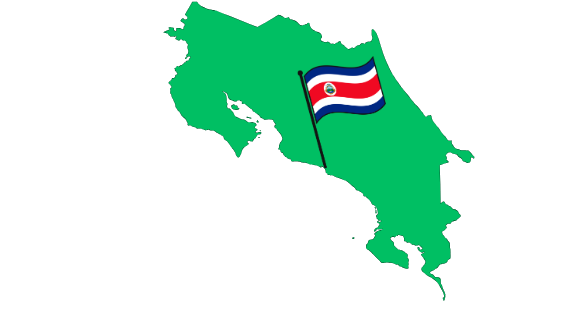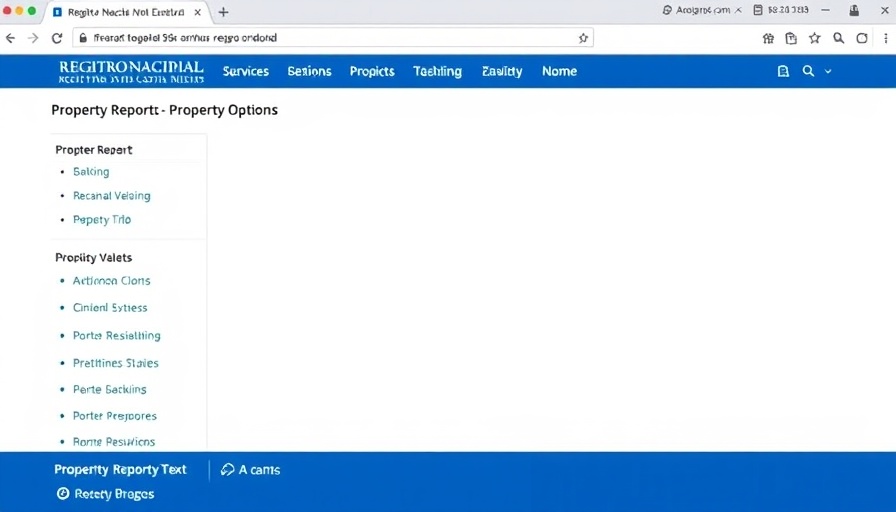
Understanding Rental Income Tax in Costa Rica
Renting out a property in Costa Rica can be a lucrative investment, especially for retirees and late-career professionals looking to supplement their income. However, before making the leap, it’s crucial to be well-informed about the tax implications that come with rental income. In Costa Rica, rental income can be taxed under two primary systems: the traditional income tax system and the special 8515 regime.
In 'Real Estate Video Series: Rental Income Tax,' we delve into the intricacies of rental income taxation in Costa Rica, providing key insights that warrant a detailed exploration.
The Traditional Income Tax System
The traditional tax system is applicable to individuals or companies actively engaged in economic activities. In this approach, the tax assessment is based on net income—this means your total income is calculated, and then deductible expenses are subtracted from it. It’s important to note that both realized and unrealized exchange rate gains are taxable under this system. This could impact your overall tax liability significantly.
If your rental expenses exceed 15%, this traditional system might work in your favor as it allows for greater deductions. However, the complexity of managing this system can also pose challenges for property owners.
Options for Simplified Taxation
If your deductible expenses are minimal, the special 8515 regime offers an attractive alternative. Under this system, you can automatically deduct 15% of your rental income as expenses and subsequently pay a flat tax rate of 15% on the remaining 85%. One significant benefit of this arrangement is that only realized currency gains are taxed, which simplifies the overall tax burden. However, you must adhere to this regime for at least five years.
For property owners opting for the 8515 tax regime, certain criteria must be met. Hiring at least one employee and reporting their salary are among the requirements, alongside the submission of a monthly tax form. This framework can streamline tax processes and offer greater predictability for property owners.
Taking Action: Seek Professional Guidance
Navigating the nuances of rental income tax can be daunting, particularly for expatriates or retirees transitioning into the Costa Rican property market. That’s where professional guidance becomes essential. The team at Quattro Legal specializes in assisting property owners in ensuring compliance with the local tax laws. Engaging with experts in the field can provide peace of mind and clarity amidst the complexities of rental income taxation.
Future Considerations for Real Estate Investors
As the real estate market continues to evolve, it’s paramount to stay informed about potential changes in tax legislation that may affect rental property owners. Keeping abreast of these developments can help protect your investment and maximize profit. Understanding the tax landscape not only contributes to better financial planning but also enhances the desirability of properties among potential renters.
Conclusion: Be Prepared and Informed
For those considering or already renting properties in Costa Rica, understanding the tax obligations associated with rental income is imperative. Regardless of the system you choose, being informed will empower you to make strategic financial decisions. Remember, enlisting the expertise of legal and tax professionals can prove invaluable as you navigate the Costa Rican taxation system.
By taking the time to educate yourself about these tax systems, you can ensure that your investment in rental property adds to your financial security during retirement. If you're contemplating renting your property, consider contacting Quattro Legal to assist with the complexities of local taxation.
 Add Row
Add Row  Add
Add 




 Add Row
Add Row  Add
Add 

Write A Comment